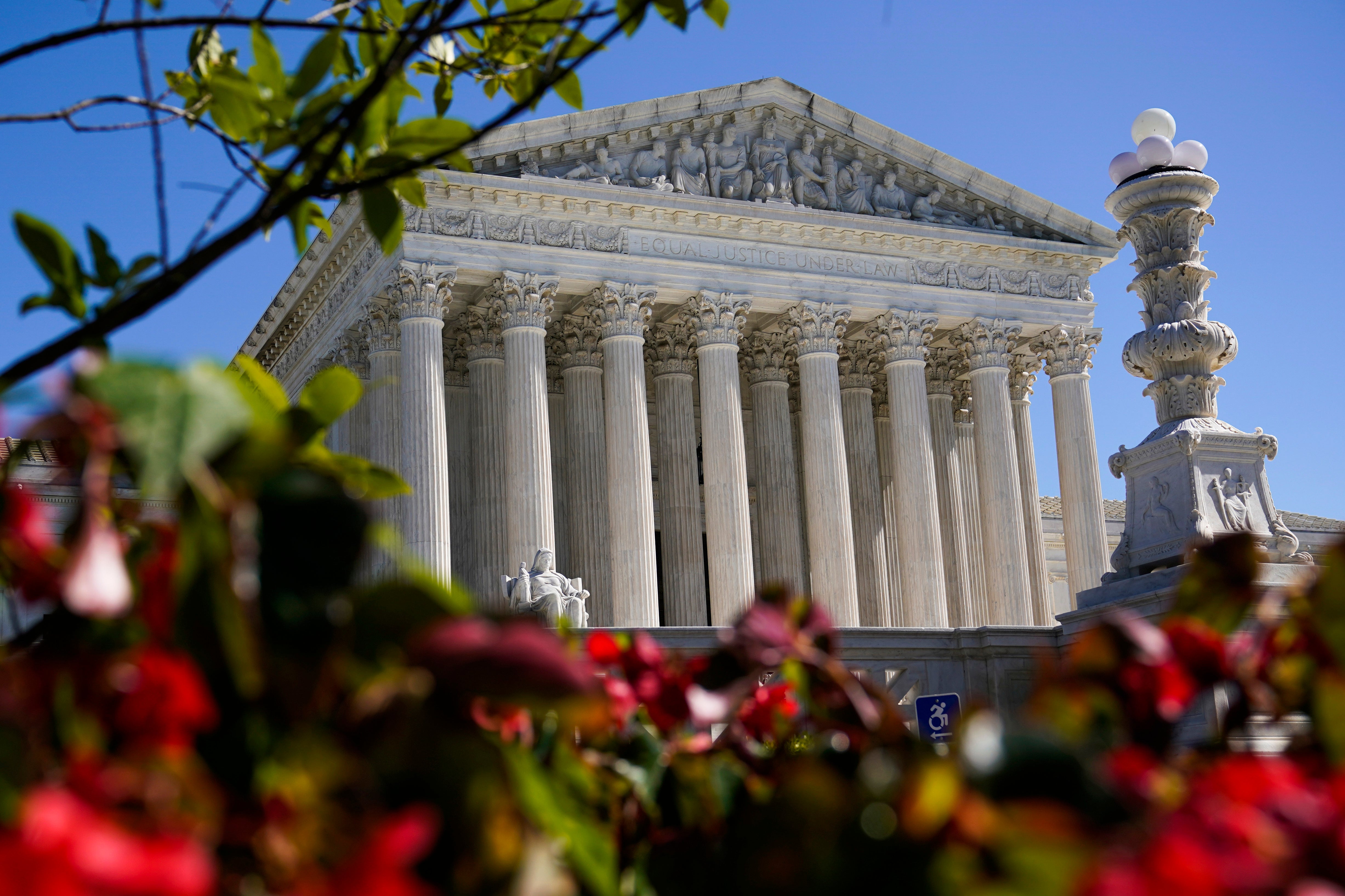High court told jurors were misled in Arizona death row case
A lawyer for a man on Arizona’s death row has told the U.S. Supreme Court that jurors in the case were wrongly told that the only way to ensure the man would never walk free was to sentence him to death

A lawyer for a man on Arizona’s death row told the U.S. Supreme Court on Tuesday that jurors in the case were wrongly told that the only way to ensure the man would never walk free was to sentence him to death.
The man, John Montenegro Cruz, argued that the jury should have been informed he would be ineligible for parole if spared from death. Cruz says Arizona has been defying the Supreme Court on the issue.
Cruz's lawyer, Neal Katyal, says efforts to tell the jury that Cruz was not parole-eligible were rejected. Arizona says Cruz failed to make the precise requests he needed to under Supreme Court precedent.
At least one juror has said that had she known that a “life sentence without parole” was an alternative to death, she “would have voted for that option.”
The case is important not only for Cruz, but also for other inmates on death row in Arizona who are in the same situation.
Cruz was convicted of the 2003 murder of Tucson police officer Patrick Hardesty. Hardesty and another officer were investigating a hit-and-run accident that led them to Cruz, who attempted to flee and shot Hardesty five times.
A 1994 Supreme Court case, Simmons v. South Carolina, says that in certain death penalty cases, jurors must be told that choosing a life sentence means life without the possibility of parole. That's required when prosecutors argue that the defendant will pose a threat to society in the future.
In a 2016 case, Lynch v. Arizona, the Supreme Court told Arizona directly that it needed to comply with Simmons. But Cruz says Arizona has continued to defy the high court.
“It sounds like you're thumbing your nose at us,” Justice Elena Kagan told lawyer Joseph Kanefield, who argued for Arizona.
The case is not necessarily one that will divide the court between its six conservative and three liberal justices.
In addition to Kagan, the court's two other liberal justices, Justice Sonia Sotomayor and Justice Ketanji Brown Jackson, suggested Cruz should get a new penalty phase of his trial where it's clear to jurors that he's ineligible for parole if he's not sentenced to death.
But conservative Justice Amy Coney Barrett also at one point suggested sympathy for Cruz's view, saying Arizona's argument “just seems like hair splitting." Justices Samuel Alito and Neil Gorsuch suggested they would vote for the state.
The case is John Montenegro Cruz v. State of Arizona, 21-846.